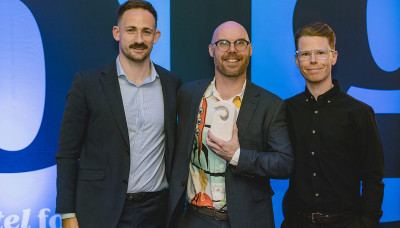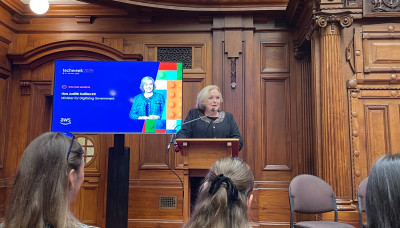Designers on design at the AGI Open
I recently had the privilege of attending the AGI Open in Auckland. It’s an international design conference that facilitates the sharing of ideas. The speakers spoke about their work, their sources of inspiration, the challenges they face, and philosophies that guide them. Their work ranges across print, packaging, brand, typography, and digital. These were some of the standout insights I took away from it all.
Taku Satoh
He spoke about the concept of Hodo Hodo or ‘Just enough’. The idea here is that a designer's job is to open up the door, then step aside, leaving space for our audience to contribute meaning to the work. It’s about creating design that is reflective rather than assertive. This knowing when to stop, to leave room for the idea to resonate, is at the heart of his work.
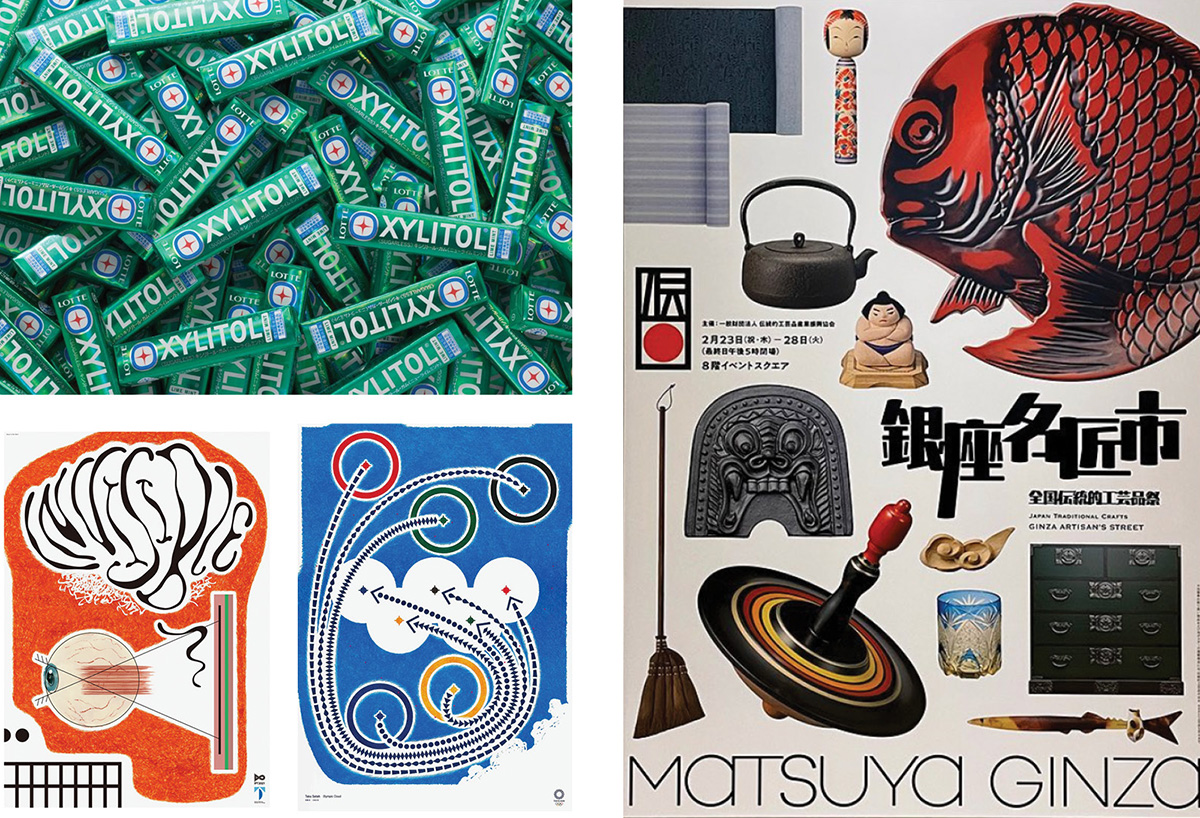
Taku Satoh
Astrid Stavro
Astrid spoke about how curiosity and questions are the engine of our imagination, and how embracing the unknown leads to growth. She supported her ideas quoting David Bowie, who said ‘Always go a little further into the water than you feel you’re capable of being in.’ She also shared a Ralph Waldo Emerson quote: ‘Always do what you’re afraid to do.’
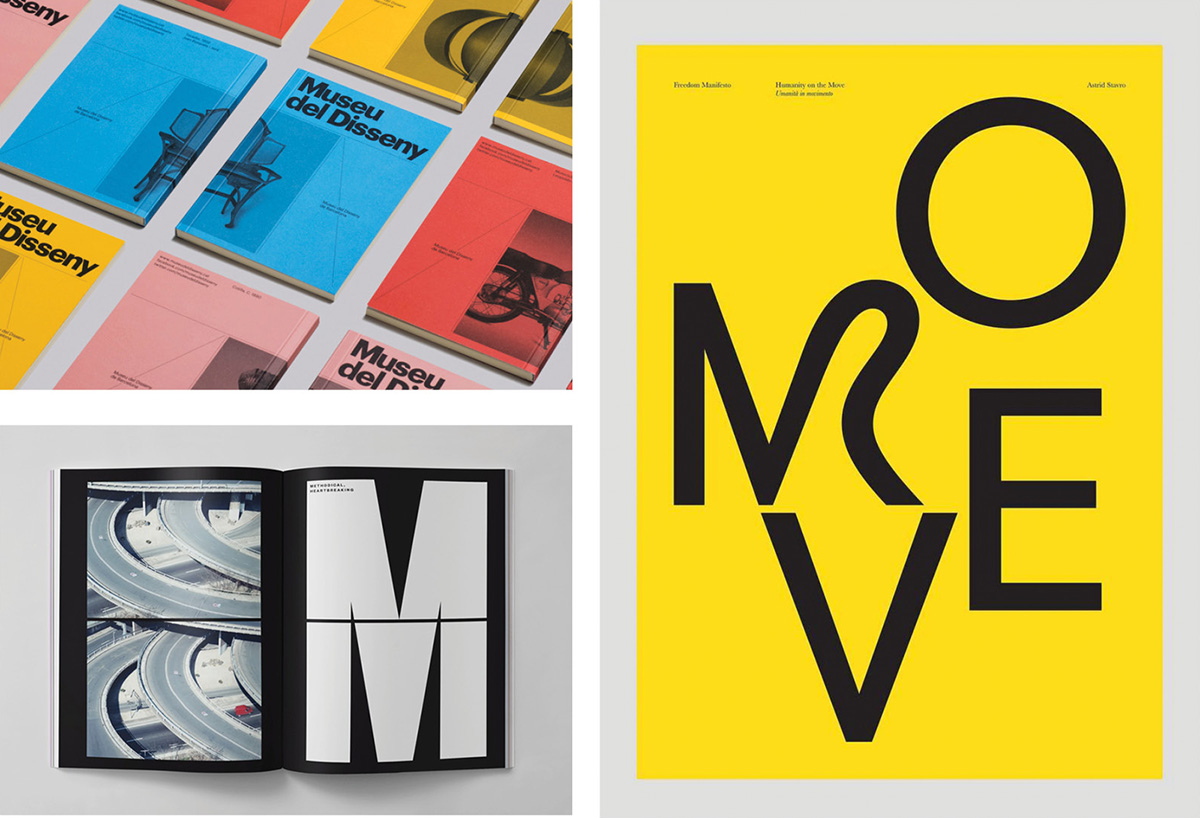
Astrid Stavro
Irene Pereyra
Irene designed the website for The Met and wrote the rulebook on web design but spoke about why she likes to break the rules. She talked about the belief that good user experiences are familiar experiences. But this is at odds with human nature. Yes we like the reliable, the predictable and the unchanging. But we also love the new and the novel. The trick then is to sell the new idea, by making it appear familiar, or to sell something familiar, make it surprising.
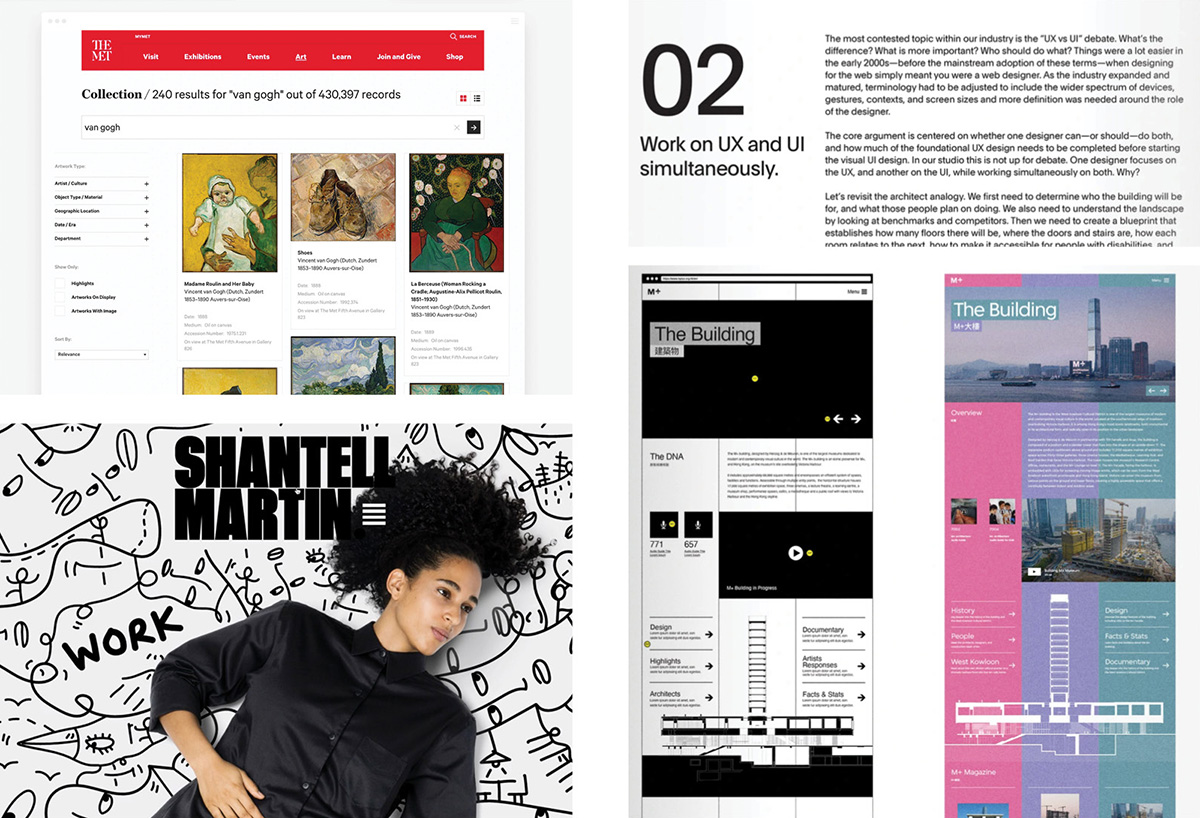
Irene Pereyra
Paul Garbett
Paul spoke about being present and noticing the world around us – using what you observe to inform your creative practice. He cultivates this skill by diligently photographing memorable moments from his day. He’s designs are driven by two things – curiosity and optimism. Curiosity keeps him interested to learn and to grow. And optimism keeps him looking for a better way to do things.
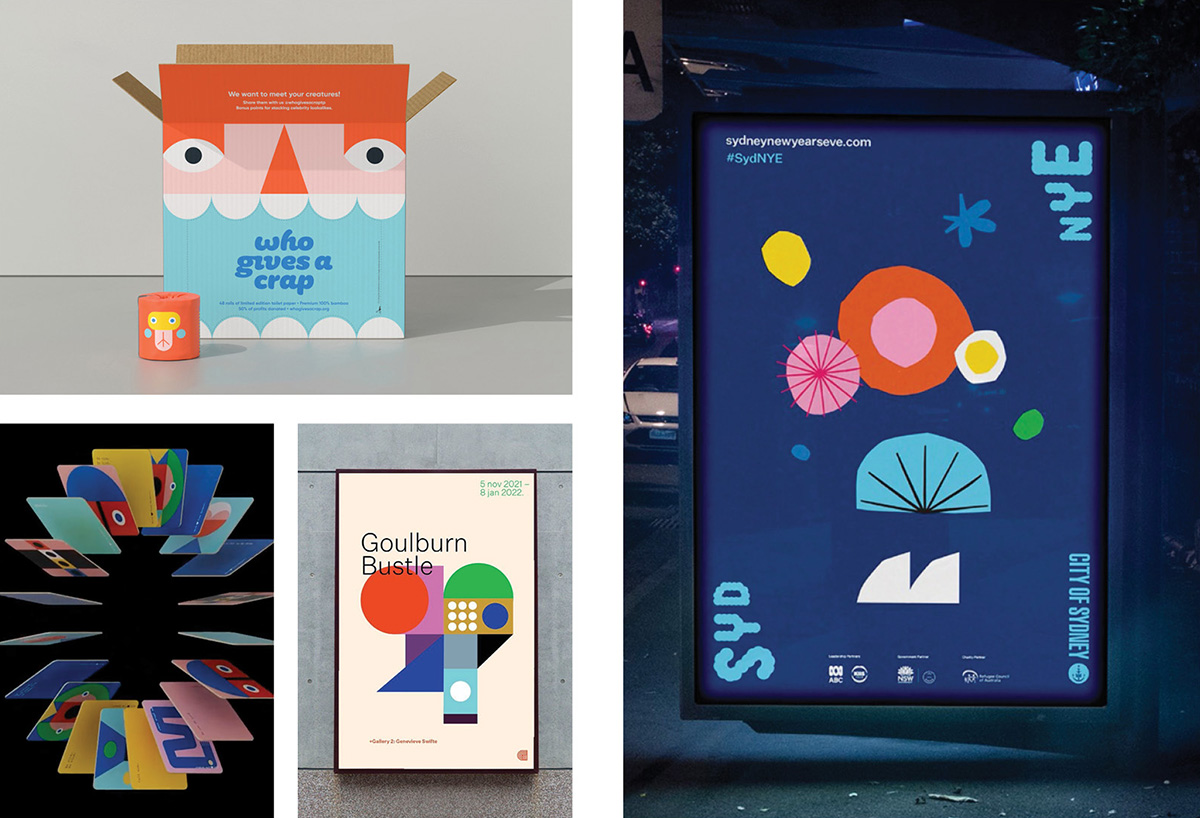
Paul Garbett
Paula Scher
Paula’s talk was about her typographic poster series for the New York Public theatre and the value of working beyond your existing skill set. Just as her work for the Public Theatre brand has evolved for the last 30 years, she is constantly reinventing how she expresses her creative spirit. The naivety this brings enables her to see with fresh eyes.
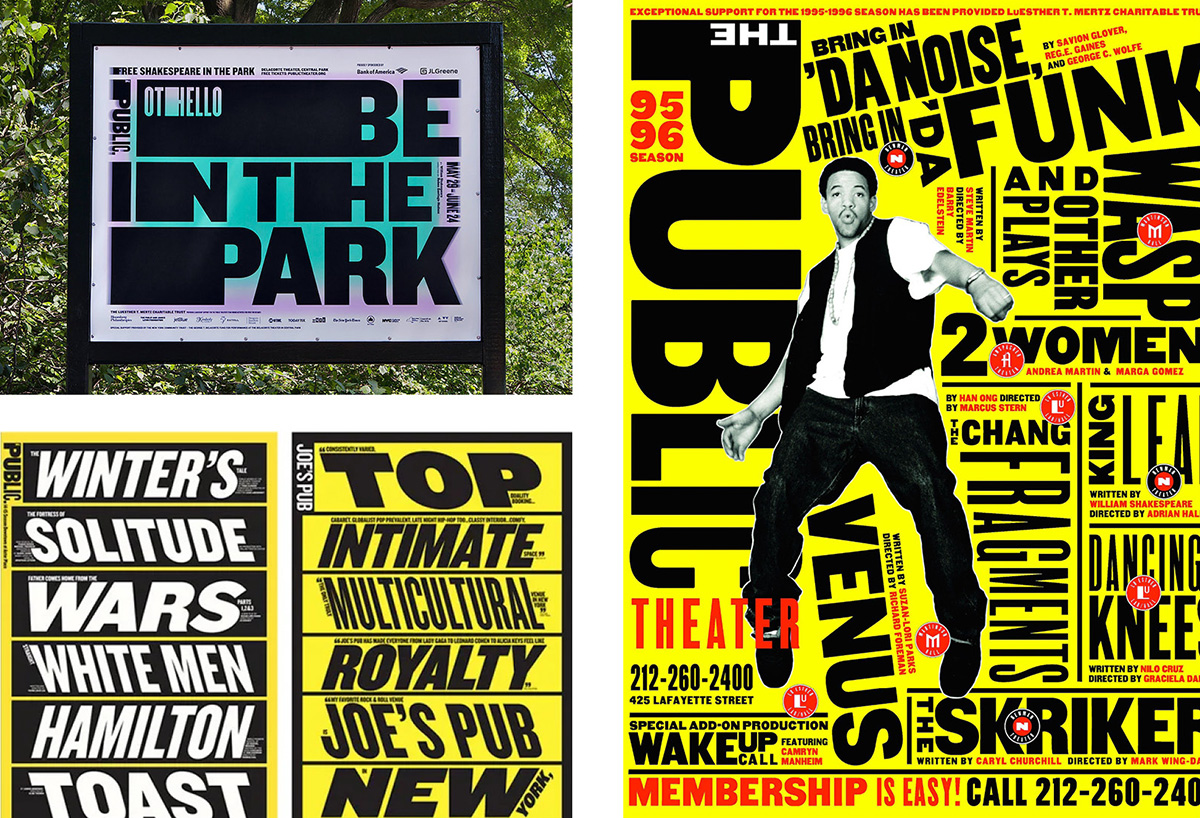
Paula Scher
Stefan Sagmeister
The theme of Stefan’s talk was about his new book ‘Now is better’. It developed as a response to the media's persistent doom and gloom narrative. He saw this as a direct contrast with the facts. For example, 200 years ago, only 60% of children survived to adulthood. And 100 years ago, only 15% of the population could read and write. The book blurs the lines between art and design, presenting abstract infographic forms that demand deep engagement to be understood.
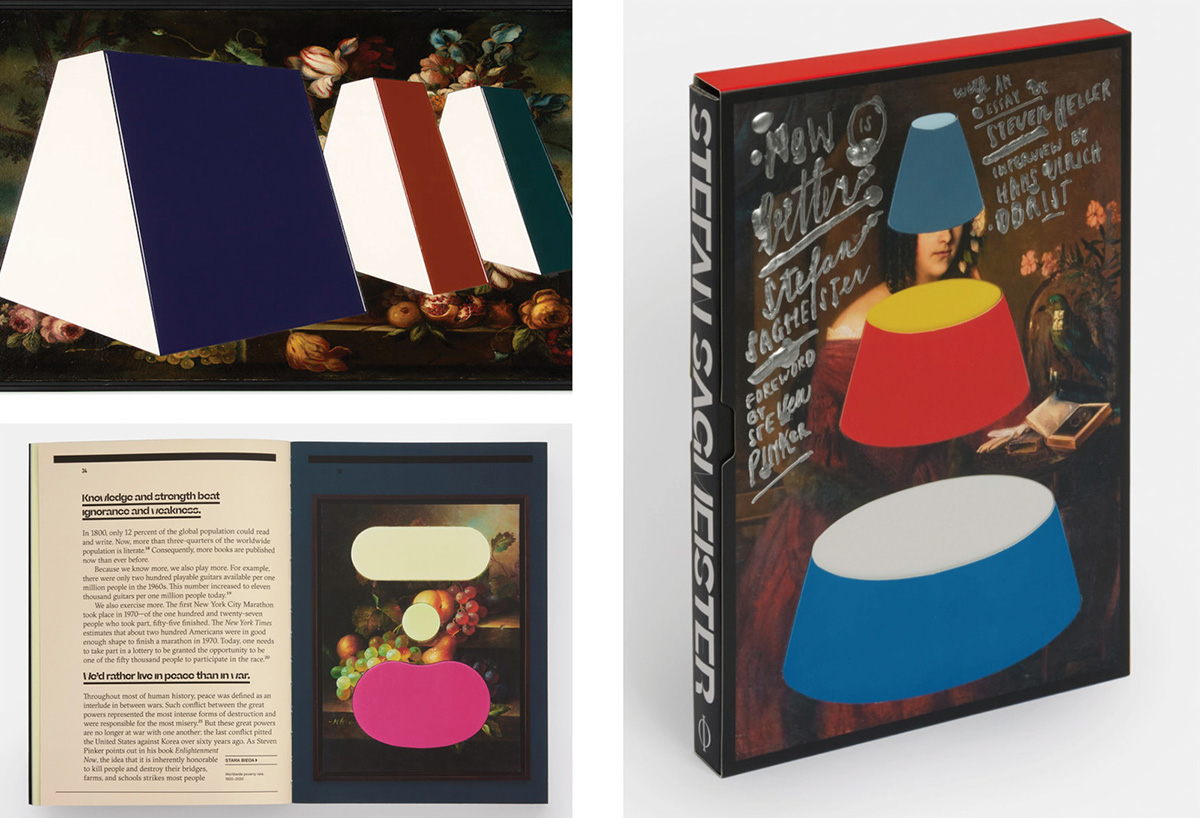
Stefan Sagmeister
Kris Sowersby
Kris talked nerdy about all the work that goes into being a font factory. His latest project explores how Māori used letterforms 100 years ago. He studied all the idiosyncrasies that make their typography unique: the diamond crossbars, the asymmetrical thickness in rounded forms, the haphazard application of triangular serifs.
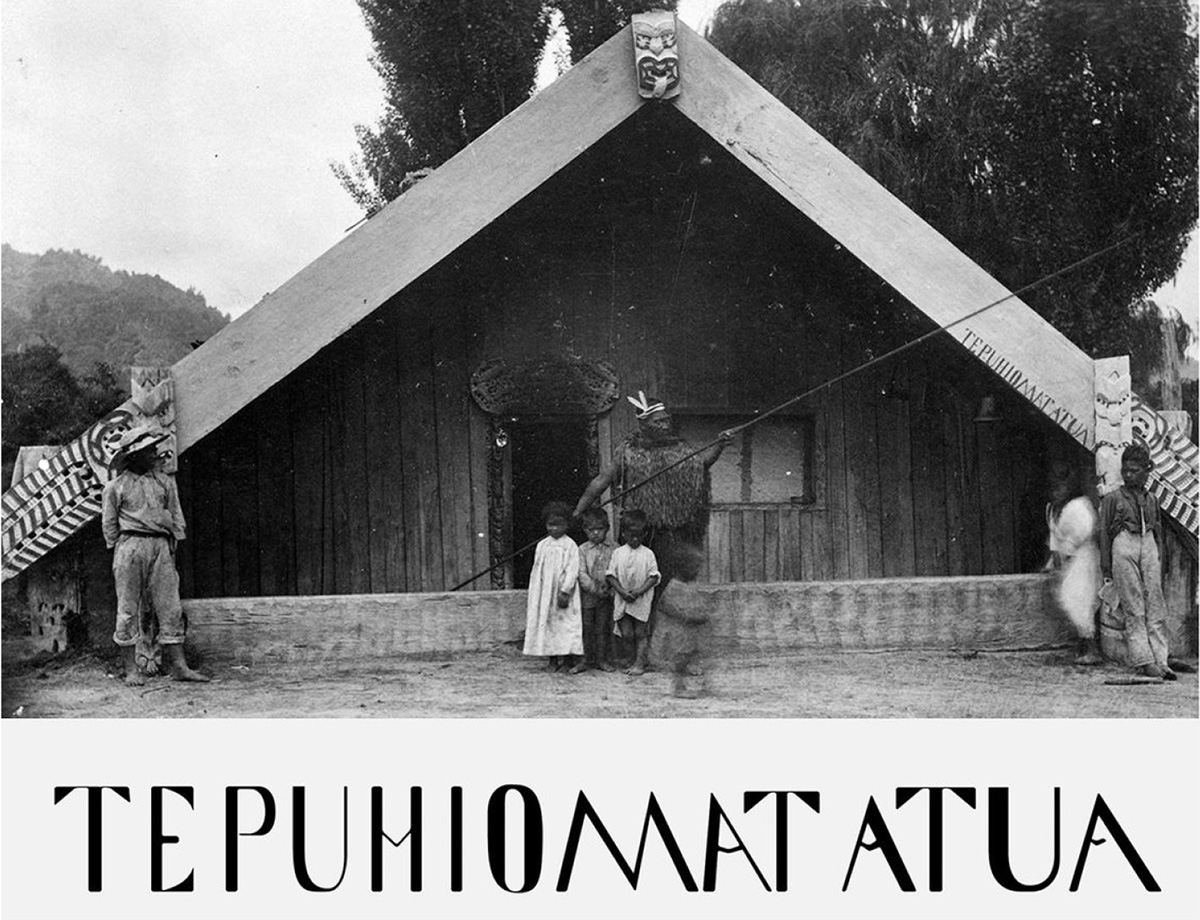
Kris Sowersby
Kenya Hara
Kenya, Creative Director at Muji, spoke about his process, how he values emptiness, which is distinct from western notions of simplicity. He sees emptiness as a space for everyone to bring their own meaning. It’s like the experience of a zen garden, meditating on our place in the natural world. Through this act of reflection designers become creators of questions to contemplate.
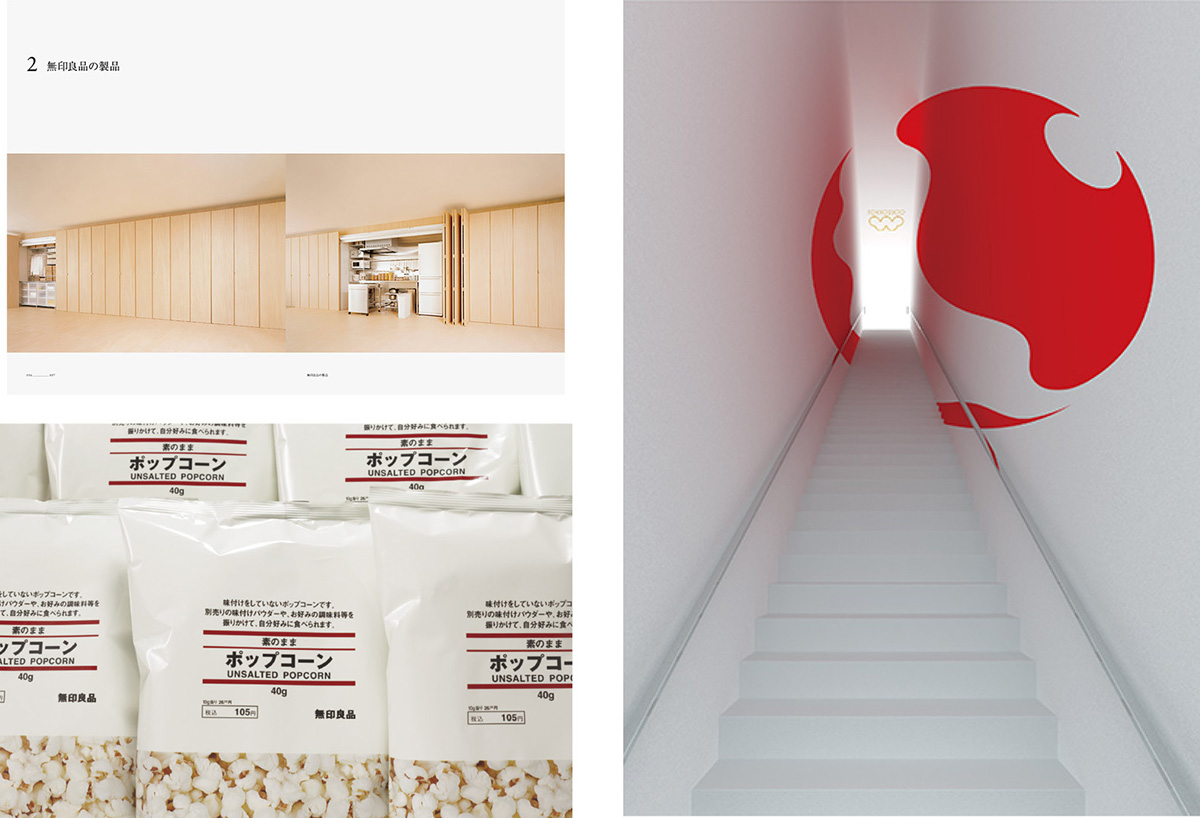
Kenya Hara
Ariane Spanier
Ariane spoke about embracing ‘unknown unknowns’. Her work is an enthralling mix of experimental typography and illustration. She talked about how uncertainty is the crack through which creativity emerges, and how we ought to use that feeling to guide us. Leaving what is known behind us, seeking out a new unknown hiding before us in the dark.
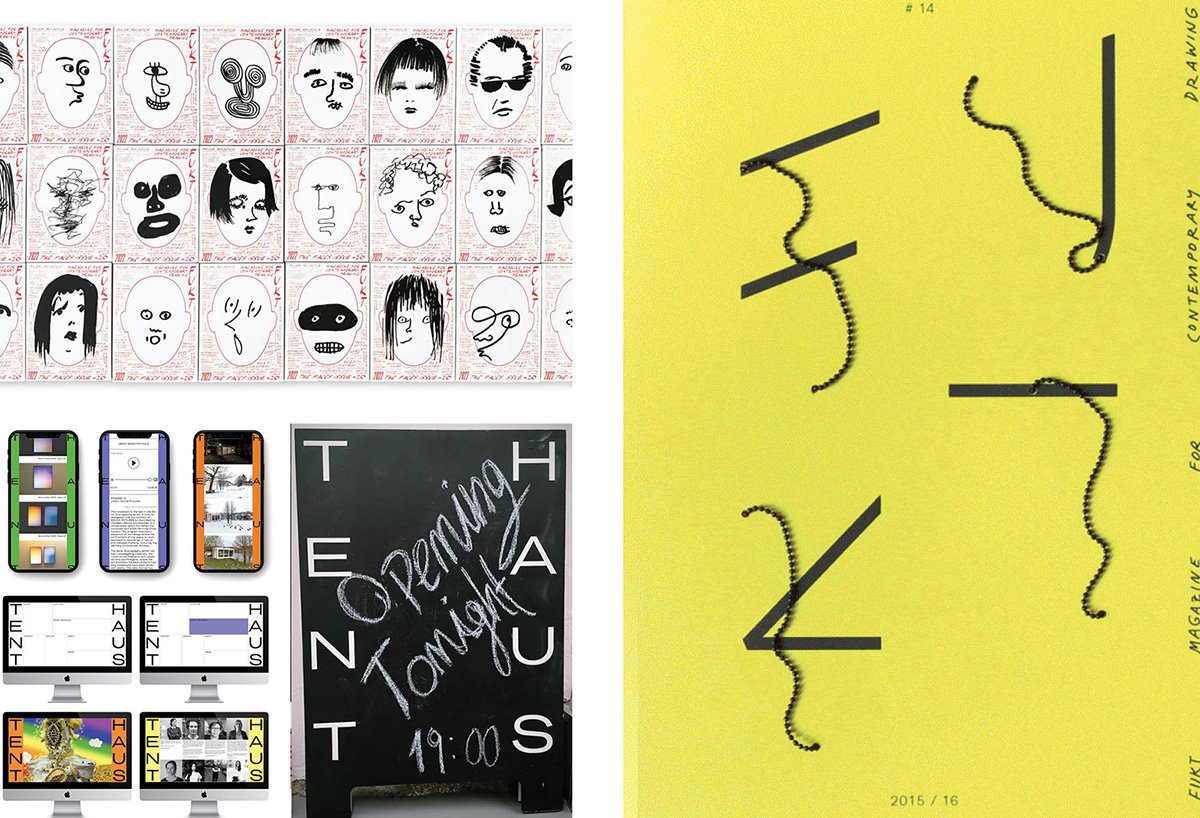
Ariane Spanier
Liza Enebeis
Liza spoke about knowing the rules, and breaking them anyway. She said that if you want to make change then you have to change how you make. It’s an attitude that emboldens her design team to question rules that limit their thinking. For example, maybe less is not more, so let’s add more, lots more.
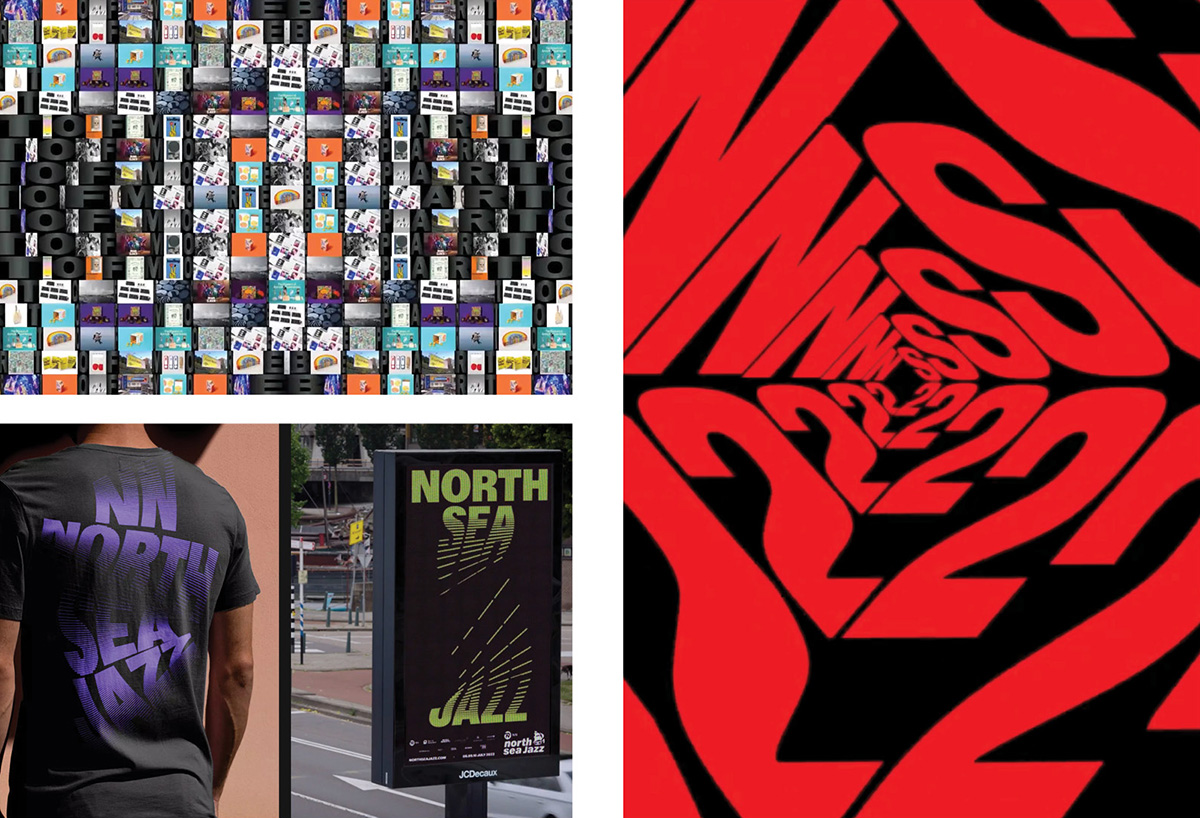
Liza Enebeis
Brian Collins
Brian is obsessed with designing the future. His work delivers both the analytical and the fantastic. To achieve this he advocates for a different kind of research. Looking for inspiration in mythology, biology, poetry, architecture, literature, and art. This enables his creative team to combine the familiar with the surprising in interesting ways. This act of looking back is how you design tomorrow.
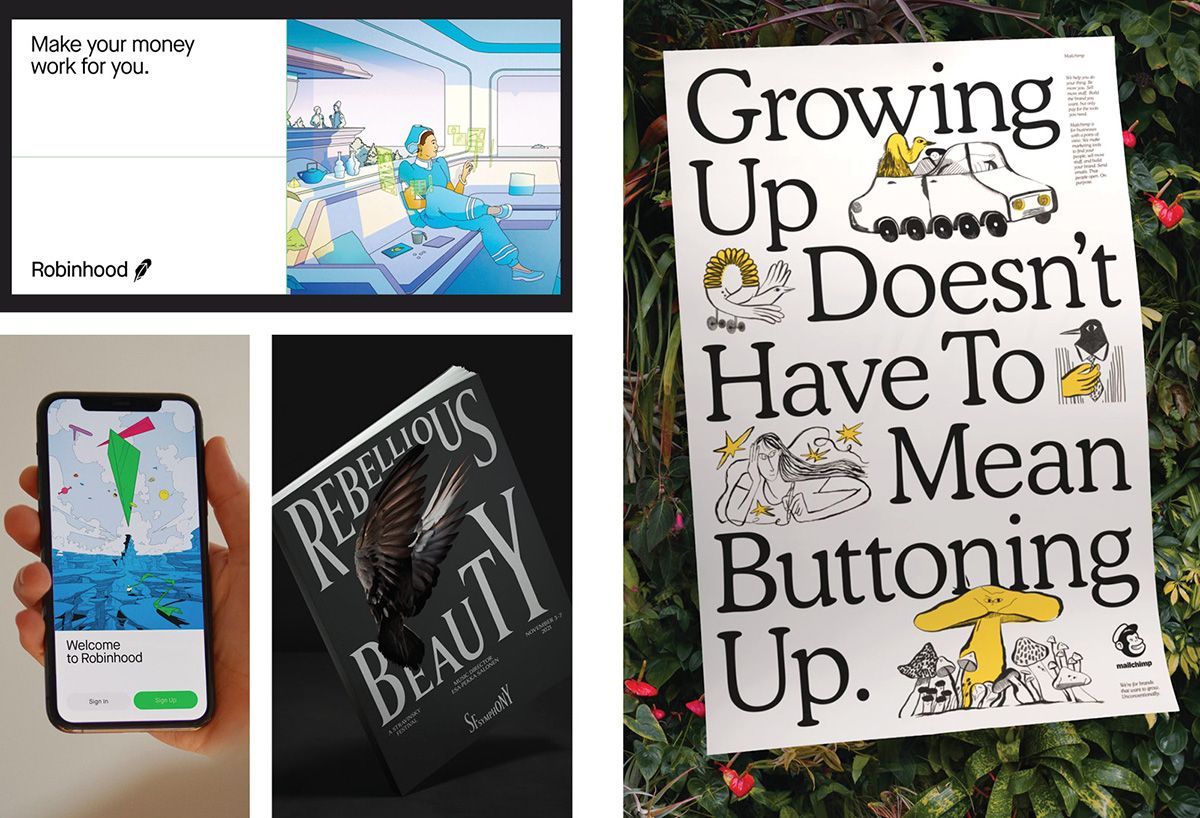
Brian Collins
Wrap up
Listening to all these masters talk design was an inspiration. It was great to hear about their relentless enthusiasm for their craft, the joy they found in solving challenging problems, the way their work felt both timeless and contemporary, and the simple questions they asked themselves to create a better way forward.
Latest news
Did anything spark your interest?
Have you got an awesome new idea or project that you want to talk about? We're here to talk you through it.


